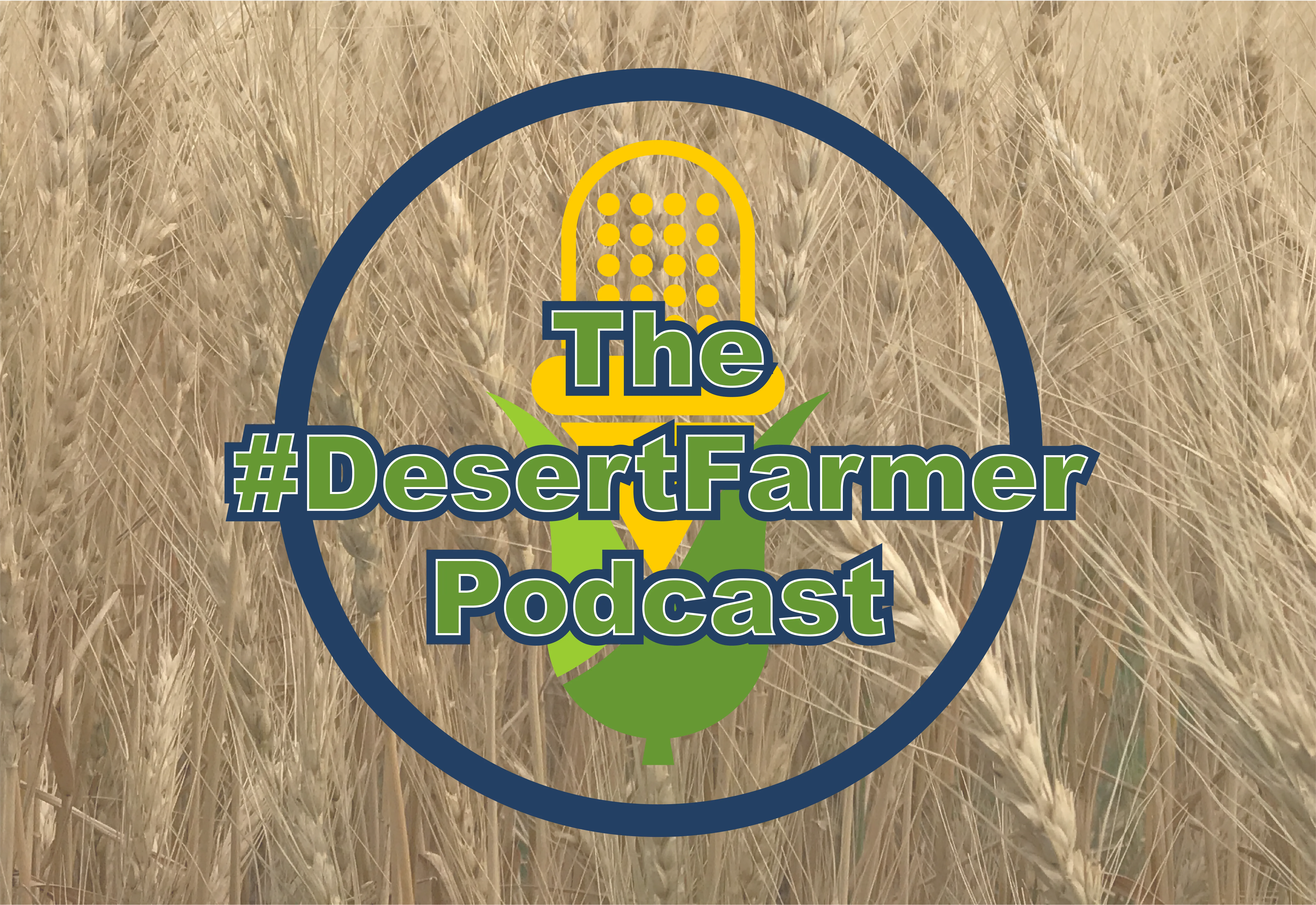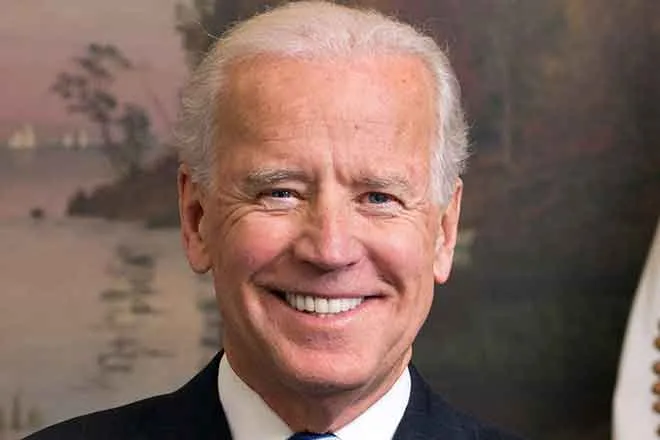
New online tool helps people with dementia document future care decisions
Click play to listen to this article.
(Colorado News Connection) The number of U.S. residents aged 65 or older living with Alzheimer's disease, the most common form of dementia, is expected to double from nearly 7 million to 14 million by 2050, according to a new report.
Dementia is a progressive disease which gets worse over time, eventually making it impossible to communicate or make decisions.

iStock
Jessica Empeno, national director of clinical engagement and education for Compassion & Choices, explained a new online tool can help people plan ahead so their wishes can be honored.
"The people around them -- whether it be their family, their loved ones, their health care team -- know what is important to that person and what types of care they hope for in the future," Empeno emphasized.
Compassion & Choices' free Dementia Values and Priorities tool is designed to help people communicate and document their future health care wishes before developing or in early-stage dementia. A series of questions and educational videos guides users through a range of changes commonly seen in the disease's progression.
Kim Martin, a resident of the southwest Colorado town of Hesperus, used the tool after receiving her Alzheimer's diagnosis. She had become increasingly anxious about what the future would bring and said the tool helped her specify her intentions so her husband and children would have no doubts about how to support her.
"Being able to get it all on paper and tell it to my family really improved my outlook and really improved my ability to move past that stage," Martin noted.
Empeno stressed the value of documenting end-of-life health care decisions cannot be overstated, especially for women, who represent nearly two-thirds of Americans 65 or older living with Alzheimer's. She encouraged people to use the tool, share the documents with the people you love and trust, and help them understand what is most important to you.
"While completing the legal documents is really important, the most important point is having the conversation," Empeno pointed out. "The best way for you to get the kind of care that you want, especially at the end of life, is to have those really important conversations."
















